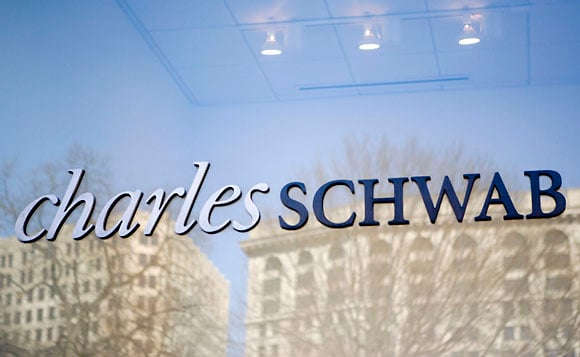The Charles Schwab Corp. has come out against the idea of creating a self-regulatory organization for advisers.
"As the largest custodian for independent RIAs, we believe there is great value in an adviser examination program that is robust and fully funded," the firm said in a
position paper posted on its website. "But an SRO for advisers is not the right way to achieve this goal."
The rules-based approach used by broker-dealer SROs were "premised on broker-dealers' direct participation in the capital-raising process," acting both as agents and principals, Schwab said. "The prescriptive nature of rules-based regulation may be appropriate … due to the multiple hats that broker-dealers can wear."
Independent RIA firms, in contrast, are small-business owners who provide "fiduciary investment advice to their clients, a business model ideally suited to principles-based regulation," the company said. "Principles-based regulation … has worked for over 70 years under the Investment Advisers Act of 1940."
The lack of resources for examining advisers should be addressed with a better funding mechanism for the Securities and Exchange Commission, Schwab said.
The firm reiterated its support for a "best-interest fiduciary standard for broker-dealers and RIAs anytime personalized advice is given, and we believe this standard should be explicitly required by law."
The fiduciary duty applicable to advisers already incorporates such standards, Schwab said, and obviates the need for an SRO.
Custodians such Schwab that also have discount-brokerage operations have argued against extending a fiduciary duty to do-it-yourself customers. They fear that a strict standard for discount customers might eliminate some low-cost commission options.
Schwab has said that a best-interest fiduciary standard would require clear disclosure of fees and possible conflicts by both advisers and brokers.







